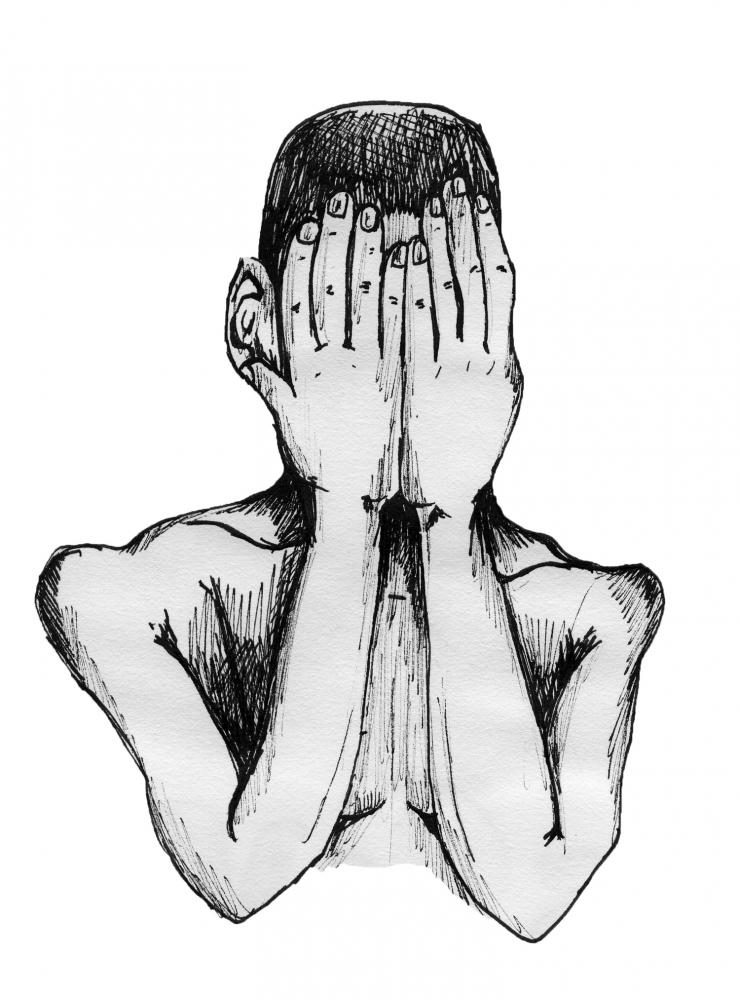Club Profile: Invisible Children
The war in Uganda is twenty-five years deep, the longest running war in African history. The conflict is between the official Government of Uganda (GoU) and a group of rebels, led by Joseph Kony, who call themselves the Lord’s Resistance Army (LRA), since it is believed among the rebels that the Lord has asked them to overthrow the GoU. When the LRA did not gain enough support to overthrow the government, Kony resorted to kidnapping children and turning them into soldiers. In fact, experts claim that 90 percent of Kony’s army were abducted as children.
The failure of the the Juba Peace Conference between the LRA and GoU in 2006 and 2008 was a major set back. And it came so close. A final peace agreement was negotiated in March 2008. But obstinate Kony never appeared to sign the accord, deterred by warrants from the International Criminal Court. Without Kony’s compliance, the conflict endures.
“It is mind-boggling how little international attention there has been and also how difficult it has been over the years to fund the work for the children, the reintegration of the children who have escaped, and a real response to the crisis in the north,” said Jan Egeland, who heads OCHA, on the organization’s Web site.
This grueling humanitarian crisis has spawned Invisible Children, a nation-wide organization that spreads awareness of Uganda’s child trafficking. AU students have created a campus chapter and participate in a Invisible Children sister program called Schools for Schools, which sponsors fledging schools in Uganda. The program supports student scholarships, construction of facilities, water and sanitation, supply of books, and teaching development.
AU’s Invisible Children chapter has organized two film screenings and is planning other assorted fundraisers this semester, including coin wars in the residence halls. The club is also organizing a book drive to raise supplies for a sponsored school.
“What I love about this organization is that it does not underestimate the power of youth,” said AU Invisible Children member Liz Rauh. “Children should not have to be turned into killing machines. They deserve to live the same lives we do.”
For more information join the Invisible Children@AU facebook group.







